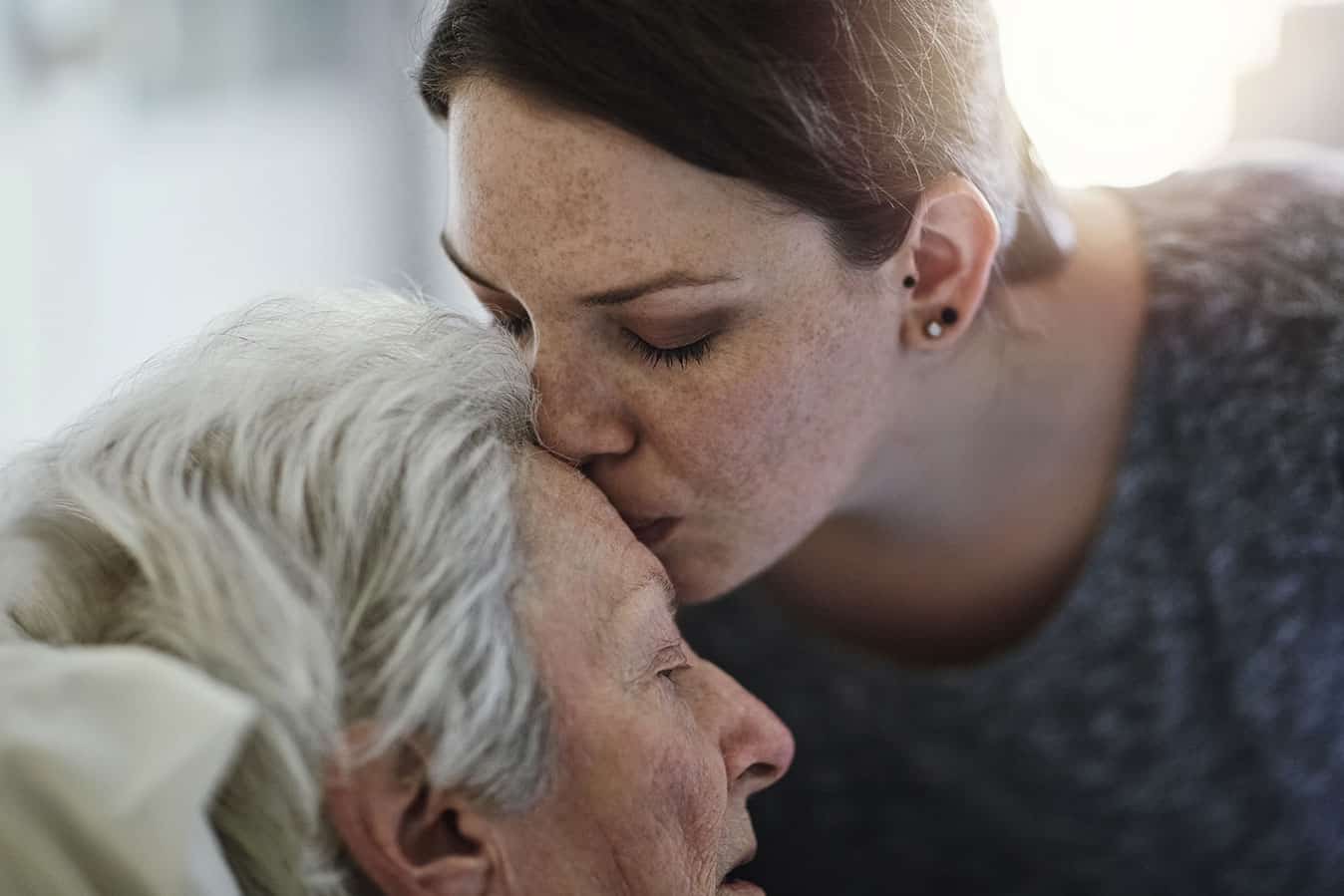The potential harm caused by wide-ranging restrictions on nursing homes in the wake of the COVID-19 pandemic, including limitations on visits by family, must be countered by additional measures, such as access to video chats, to ensure vulnerable residents maintain health and quality of life, the Chair of the Aged Care Royal Commission, Tony Pagone QC has argued.
Issuing a statement, Mr Pagone said the Commission understood the importance of measures implemented to protect nursing home residents during COVID-19 but called on the Australian Government, aged care providers and the community to bear in mind the unintended consequences and impacts caused by the restrictions.
“We have heard that an inability to receive visitors, or a lessening of time which visitors may attend to visit, can have impacts upon the supplementary care family visitors frequently provide for such basic things as feeding and toileting,” Mr Pagone revealed.
“The reduction of such visits from family needs to be supplemented by additional measures to ensure a healthy and quality life.”
Urgent measures proposed by Mr Pagone to lessen possible harm include deploying suitably qualified personnel that can identify the new and increasing needs of residents amid COVID-19.
“It may also need specifically targeted redeployment of qualified personnel to supplement the care, support and wellbeing measures for our vulnerable frail community,” he added.
“It may also require creative measures to supplement the personal human contact that may be restricted or removed during these times: it may require, for example, providing access to electronic devices to enable more constant contact through video platforms where that is feasible and meaningful.”
Mr Pagone said the Aged Care Royal Commission’s task was to investigate the safety and quality of aged care in Australia and that it would strive to continue as best as possible during COVID-19.
“The pandemic affects the entire country but affects each of us differently. The aged in our community are amongst the most vulnerable and are affected both by the potential to be infected with the virus as well as by the unintended consequences of the otherwise understandable and reasonable steps which have been taken to ensure their safety.”








